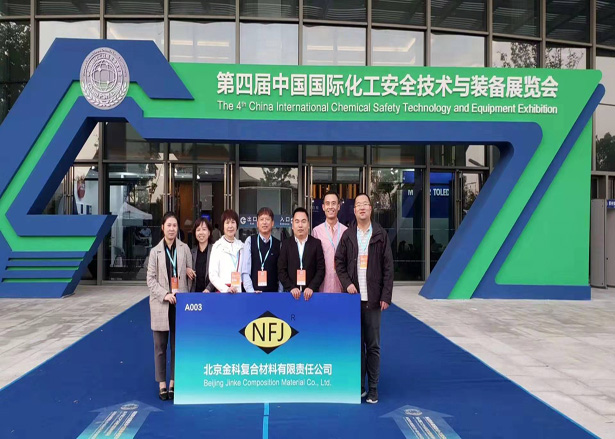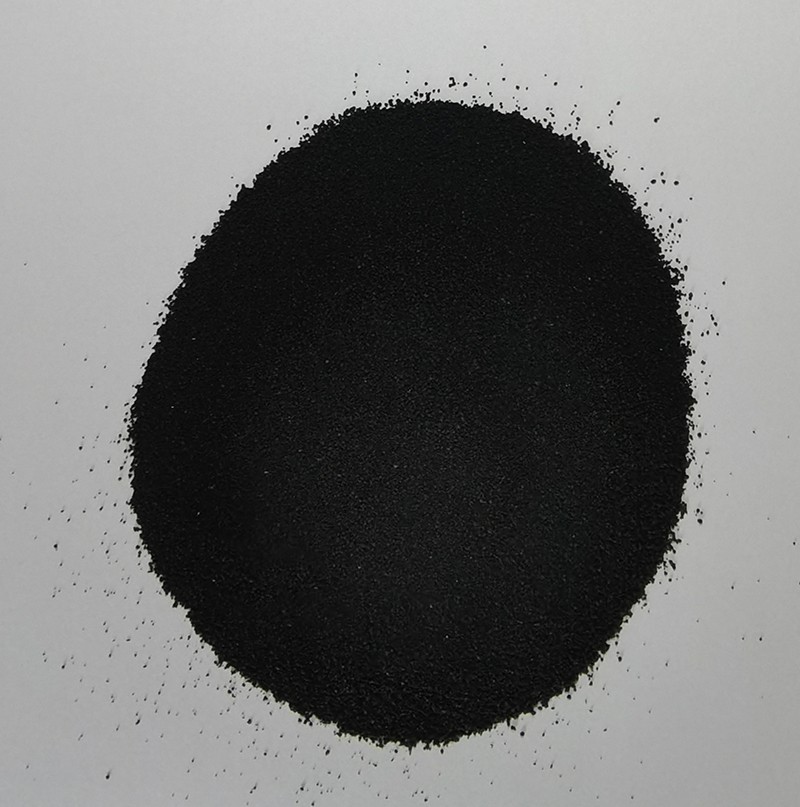Inorganic high-temperature clutch materials are specialized composites engineered to withstand extreme thermal and mechanical stress encountered in high-performance applications, such as in the automotive and aerospace sectors. These materials are specifically formulated to maintain their structural integrity and frictional properties at elevated temperatures, often exceeding 600 degrees Celsius. This exceptional thermal resilience makes them ideal for use in environments where traditional organic materials would fail or degrade.
The composition of inorganic high-temperature clutch materials typically includes a blend of ceramics, metal oxides, and reinforcing fibers, which are known for their thermal stability and high strength. Ceramic materials, such as silicon carbide and alumina, provide inherent resistance to heat, while metal oxides enhance durability and wear resistance, contributing to extended service life. The integration of reinforcing fibers adds tensile strength and toughness, ensuring that the material can endure repeated cycles of engagement and disengagement without succumbing to catastrophic failure.
Expertise in the development and application of these clutch materials is crucial, as the performance of a vehicle's clutch system can significantly impact its overall efficiency, safety, and reliability. Engineers and materials scientists continually research and innovate within this field to improve the thermal management and frictional characteristics of these materials, ensuring that they meet the evolving demands of high-performance engines and hybrid electric vehicle systems.
Inorganic high-temperature clutch materials are not only essential in automotive applications but also play a vital role in aerospace and industrial machinery, where reliability and performance under duress are non-negotiable. Their ability to perform consistently in high-stress situations renders them indispensable in ensuring optimal functionality and safety in mission-critical operations.
Furthermore, the authority of manufacturers specializing in these materials is underscored by their adherence to stringent industry standards and certifications. This ensures that the products developed provide the necessary performance enhancements that automotive and aerospace engineers require. Continuous advancements in material science are paving the way for new formulations, which promise even better performance characteristics, including improved wear resistance and friction stability over extended periods.
In conclusion, inorganic high-temperature clutch materials represent a critical advancement in engineering, merging innovation with durability to meet the challenges of modern high-performance applications. Their development is backed by rigorous research and expert knowledge, establishing them as fundamental components in ensuring the efficiency and reliability of various mechanical systems.
Show More >>
PRODUCTS
You are welcome to contact us at any time, please write the message here and we will reply you in 24 houre. thanks foryour support.



